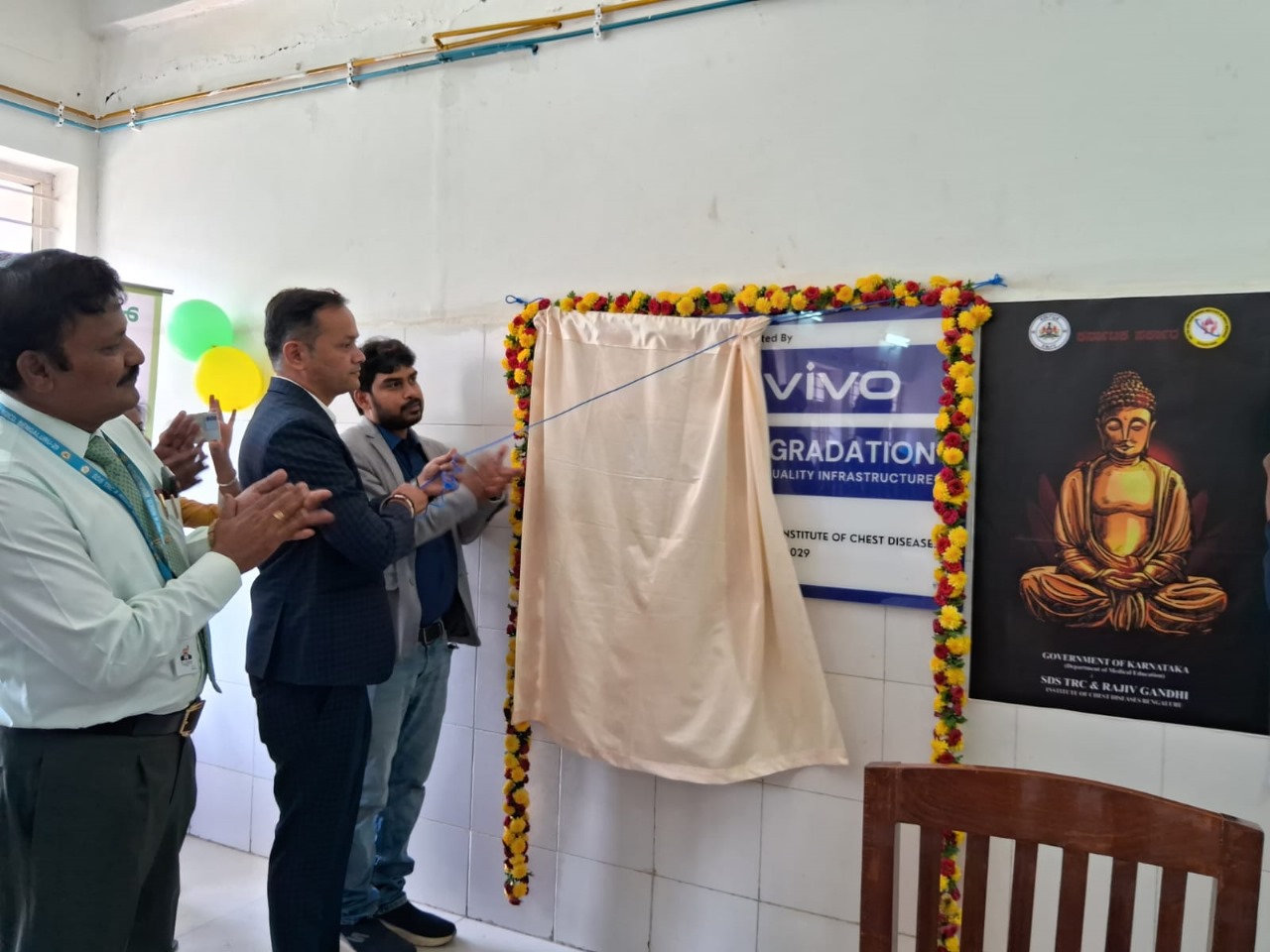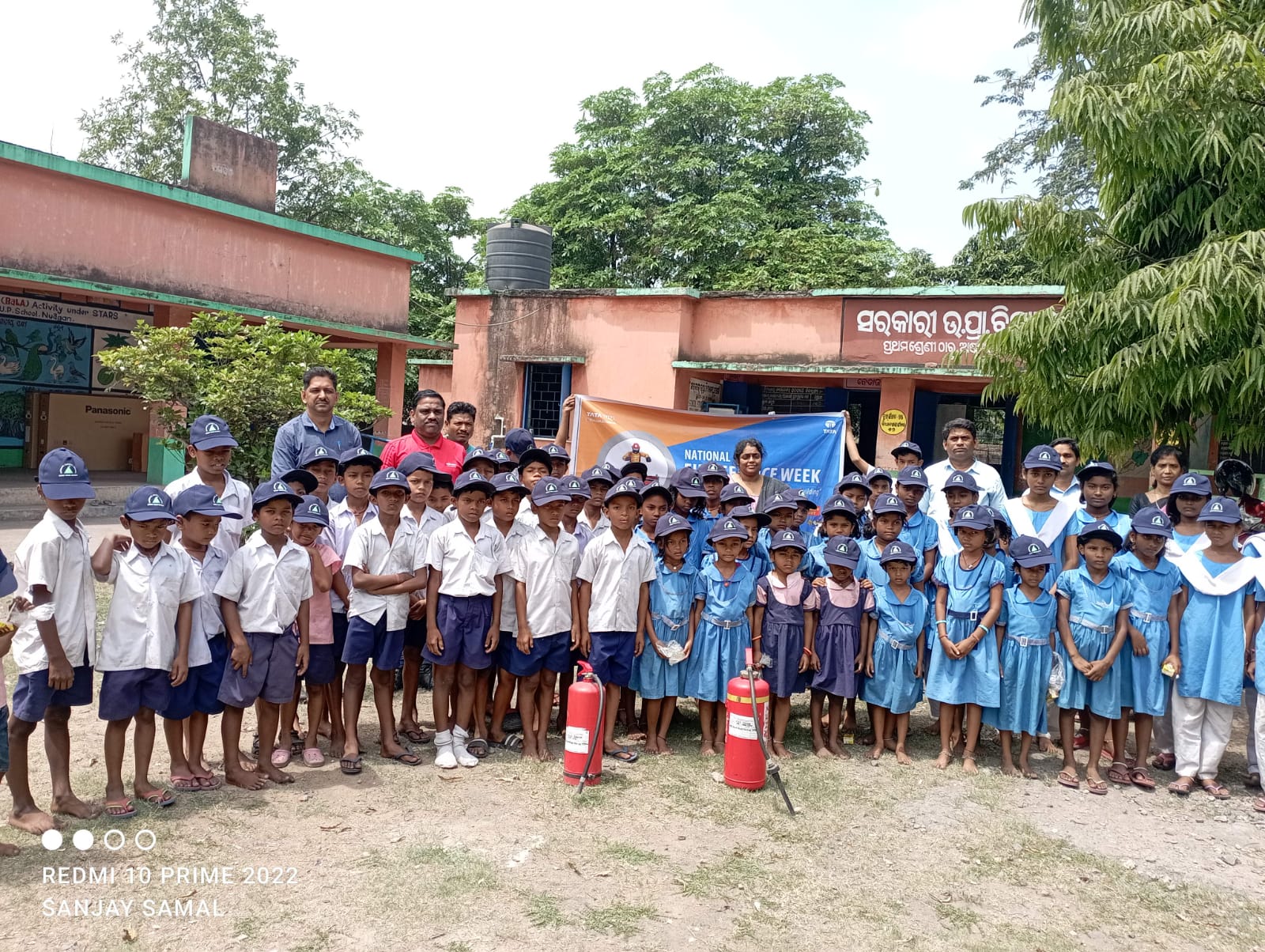Subscribe our Weekly Newsletter
Applications Invited for Ignite Fast Grant Awards in Agriculture Science

Organization: Ignite Life Science Foundation
Apply By: 20 Aug 2022
Grant Amount: 2500000 INR
About the Organization
We fund good science! But we actually do much more than that. We lower barriers for young and promising investigators to get funding. We simplify the process for obtaining funding even as we put greater emphasis on the scientific merit of the projects we fund. Efficient project execution is key. We support the investigator through the life cycle of the project to ensure high-quality project execution. Upon project completion, we support the investigator in the translational work needed to make the project outcome ready for practical use and commercial development (when appropriate).
Along with project funding, we help build scientist communities, partner with other private foundations with similar goals, help train young scientists through the Ignite Fellow program and fill gaps in the research ecosystem. These make up our Sustainability Initiatives that sustain the impact of what we do over the long-term.
For scientific research to drive economic prosperity it has to be: funded adequately, executed with precision and coupled to market mechanisms that leverage scientific discoveries for social benefit.
Ignite will use funding provided by enlightened Donors to accomplish all three objectives.
By transforming how research is funded and executed, we will amplify the positive impact of the work our scientists do!
About the Grant
Nitrogen is abundant in nature; it makes up about three-fourths of the atmospheric gases. Plants cannot use this gaseous form directly. Instead, atmospheric N has to be “fixed” into a form in the soil that can be taken up by plants. Furthermore, a significant proportion of naturally fixed N in the soil is produced by the action of microbes, both free-living and those associated with plants. Nitrogenous fertilizers used in modern industrialized agriculture are manufactured using ammonia as a precursor and are a major factor driving increased agricultural productivity. Ammonia is made using the Haber – Bosch process which was discovered in 1909. Synthetic nitrogenous fertilizers will continue to be needed in farm production systems. The processes used in their manufacture and their use pose several challenges. The critical question today is whether we can use science and technology to mitigate, if not eliminate, the challenges arising from the large-scale manufacture and use of synthetic nitrogenous fertilizers.
The Challenges:
- Industrial-scale ammonia production and its subsequent conversion to synthetic N fertilizers is a high energy-consuming process. It also has a very high carbon footprint – the hydrogen gas used as feedstock is produced from petroleum gas, coal, or other oils, releasing considerable CO2 and other greenhouse gases. How can we produce N fertilizers in nature-friendly and sustainable ways to ensure future crop productivity increases?
- The easy availability of synthetic N fertilizers has often led to their excessive use at the expense of other organic sources. Organic manure, say farmyard manure, may not provide as much N per unit volume but adds the much-needed carbon essential for maintaining microbial activity and sustaining soil health for plant growth. Can novel biological sources be discovered or formulations be concocted in resource-efficient ways to address this problem of depletion of organic carbon and restore soil health? These need not necessarily replace synthetic N fertilizers but must be compatible with them to be used in judicious combinations to reduce their overall use without compromising crop productivity.
- Soluble forms of N used by plants are highly mobile in soil. Synthetic fertilizers applied to the soil tend to leach down beyond the root zones and often reach water bodies where they cause eutrophication. Furthermore, several species of microbes in the soil act as de-nitrifying agents that release the fixed N back to its gaseous form, reducing the availability for plants. Can we develop novel methods to reduce loss and optimize N fertilizer usage?
- Plants belonging to the Leguminosae species have a symbiotic relationship with the Nfixing soil microbe, Rhizobium spp., which are harboured in their root nodules from where they provide fixed N to the plant. Free-living microbes can also fix N and make it available to the crop plant. Can we develop new microbial inoculants as naturefriendly supplements to address the soil nutrient depletion problem? Are there genetic engineering/genome editing methods to enhance plants to leverage N-fixing microbes?
- Crop plants show significant genetic diversity in their ability to assimilate available N or Nitrogen Use Efficiency (NUE). What types of genetic engineering/genome editing in plants will improve their NUE, and how does one make it commercially viable?
Grant Size
The size of the funding request should be less than INR 25 Lakhs per year. Projects with smaller funding requests and comparable impact are preferred since they will allow us to fund more investigators. The tenure should be maximum of three years, renewable each year based on a review by the scientific advisory panel.
Who can Apply
Research proposals addressing the Challenges listed above are invited from not-for-profit research institutions (public or private). The Challenges listed above are to be interpreted in their broadest sense. Preference will be given to collaborative proposals involving groups with divergent expertise. High-risk, high-reward, multi-disciplinary approaches, that can positively impact the current nitrogen-based fertilizer ecosystem are welcome.
We prefer proposals that address a central hypothesis/question relating to a Challenge. The hypothesis should be testable using a clearly defined experimental approach within the tenure of the Grant. Proposals will be evaluated for originality and potential for future applications in Agriculture. All research proposals should be compliant with the rules and guidelines applicable in India.
How to Apply
The proposals should be emailed to swamis@ignitelsf.in with “AGRISCIENCE PROPOSAL SUBMISSION” appearing in the subject line. The last date for submitting the proposal is 20th August 2022. The awards will be announced around 20 September 2022.
For more information please check the Link
Latest Online Store
Latest Tenders And EOIs
Latest News
© Renalysis Consultants Pvt Ltd


























